


We know that the sound of a parent’s voice soothes their baby. Just as importantly, sound and song create deep connections and have a profound effect on parents‘ sense of self.

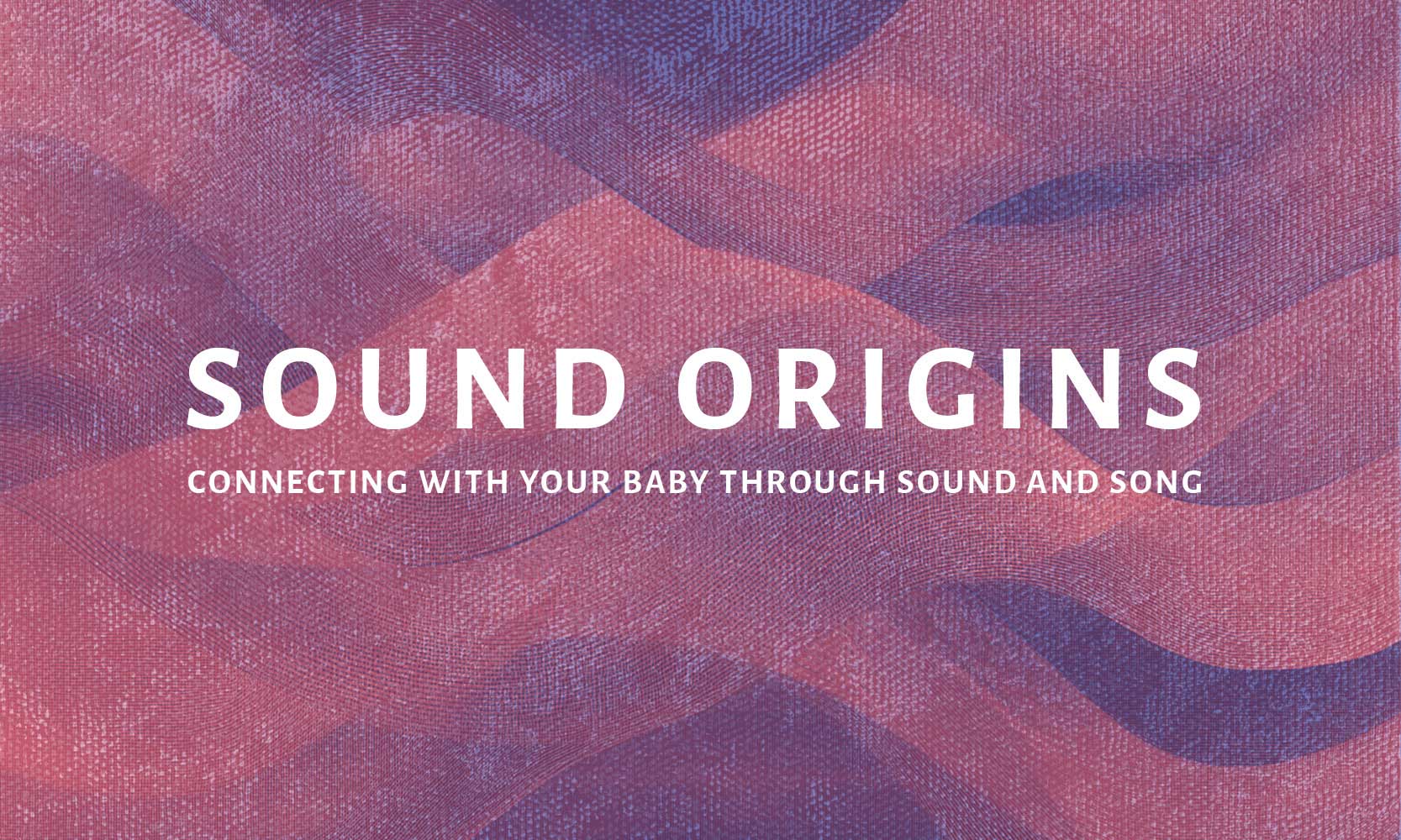
The UCL Queen Square Institute of Neurology is a world-leading centre translating neuroscience discoveries into diagnostics and treatments.
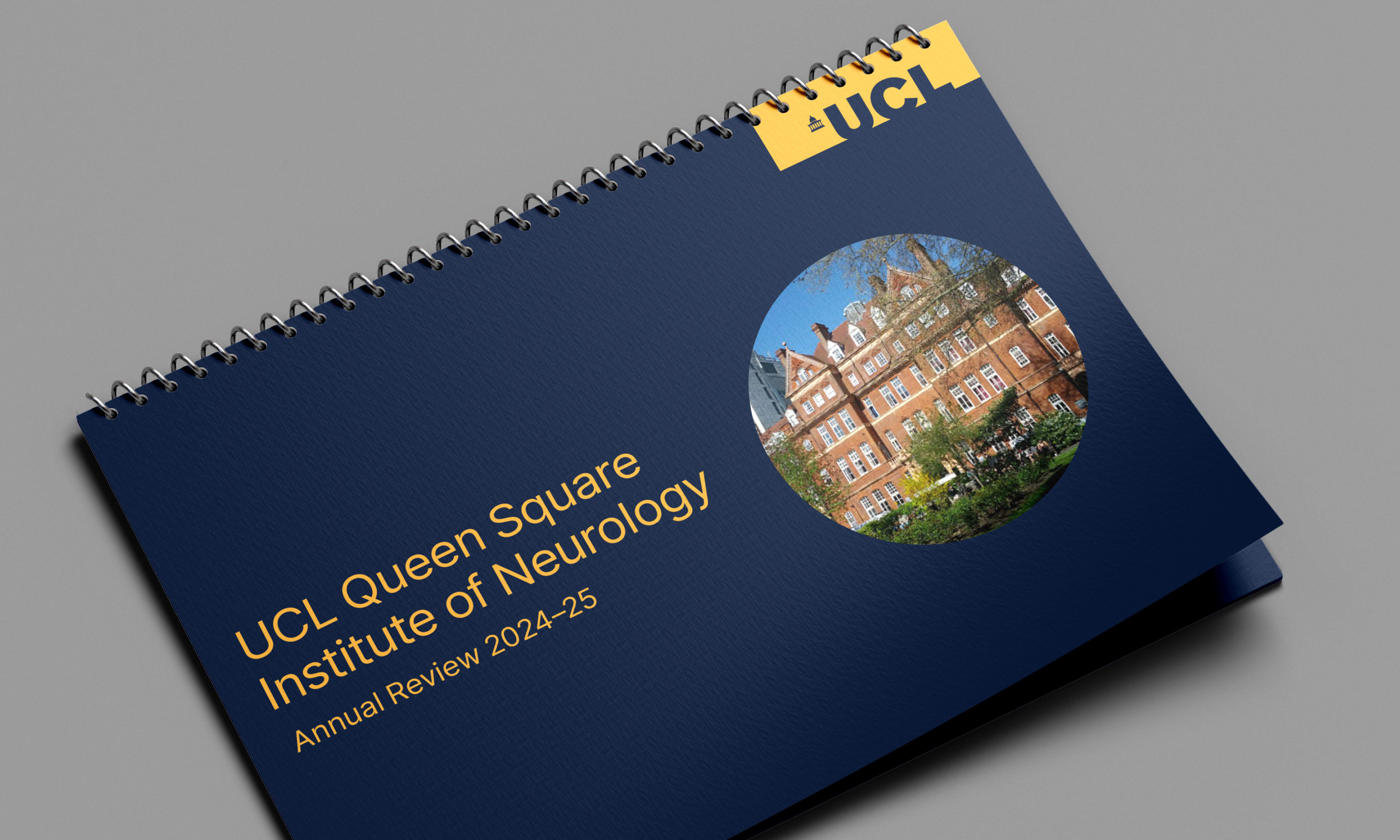

Antibiotics kill bacteria – or stop them from growing – helping to treat a wide range of infections in both humans and animals. However, bacteria are constantly mutating, which leads to rising levels of antibiotic resistance and the growing risk of antibiotics failing as a key form of infection control.
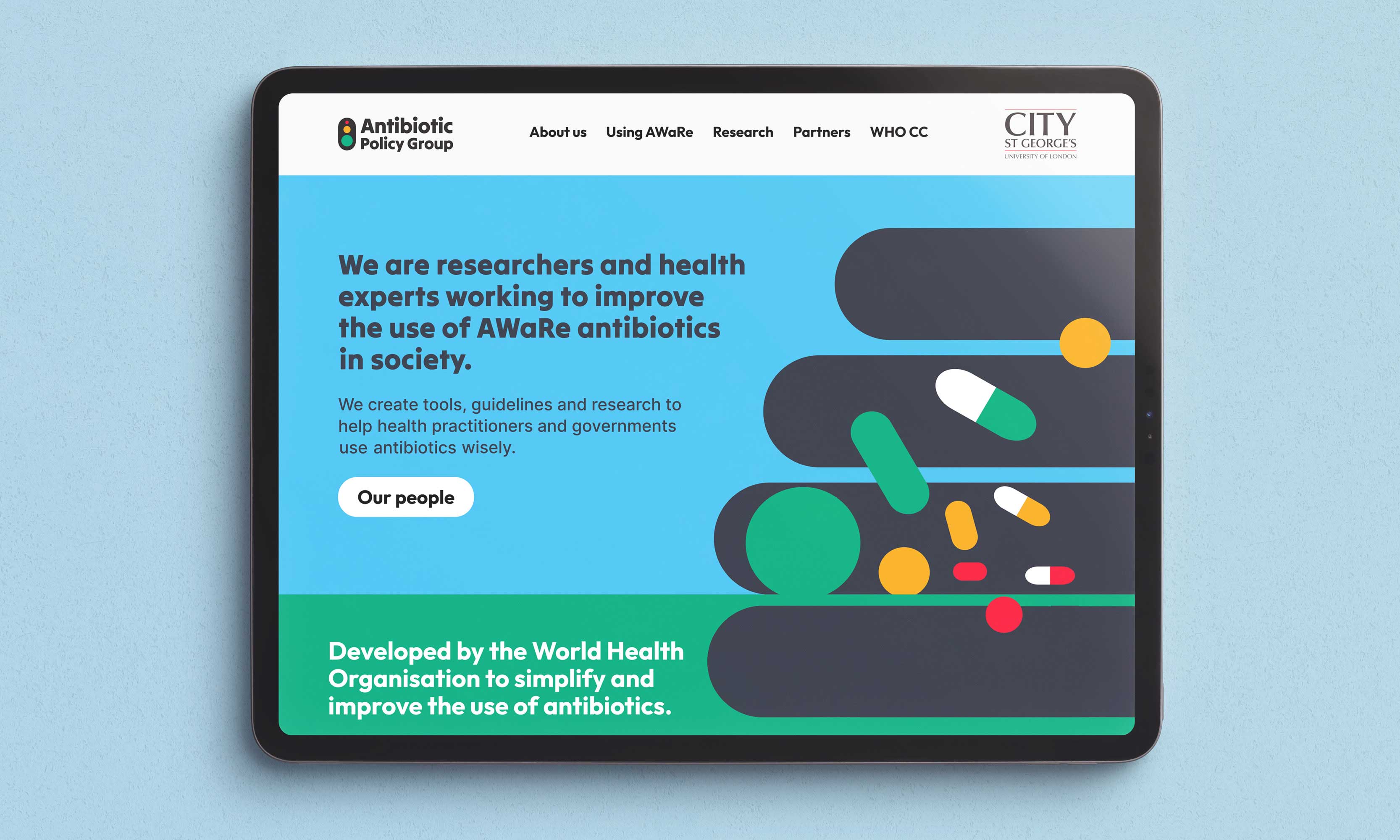

General Practices in the UK now deliver a blend of in-person and remote consultations – by phone, online messaging and video. But as patients and practice teams adapt to this multi-modal system, questions remain: Who gets what kind of care? Why? And how do patients navigate a service that can often feel confusing, inconsistent and relationally remote?
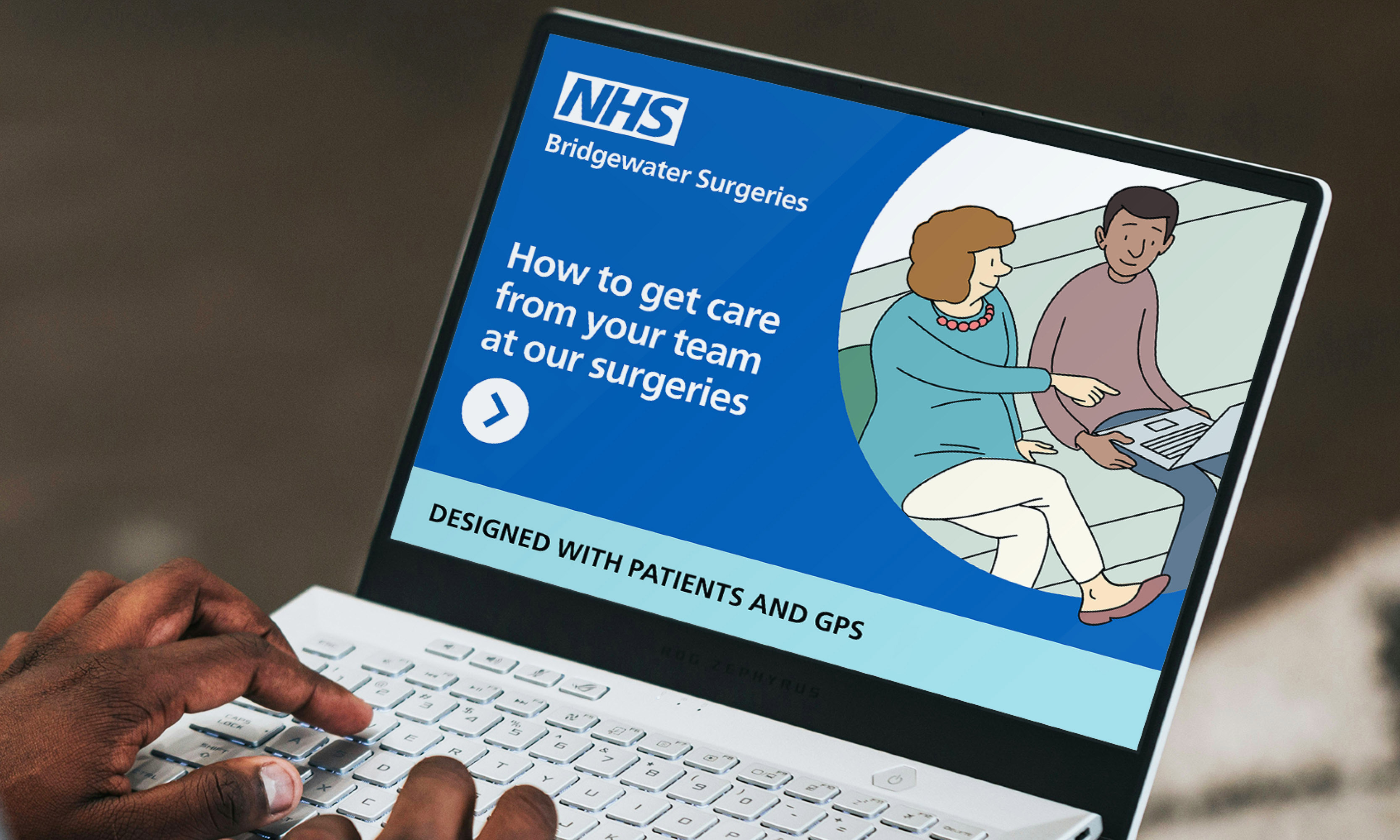

Black Health Legacy is a major new research project led by Dr Veline L'Esperance and Professor Sarah Finer at Queen Mary University London and Professor Inês Barroso and Dr TJ McKinley at University of Exeter. The research is funded by a prestigious Discovery award from the Wellcome Trust.
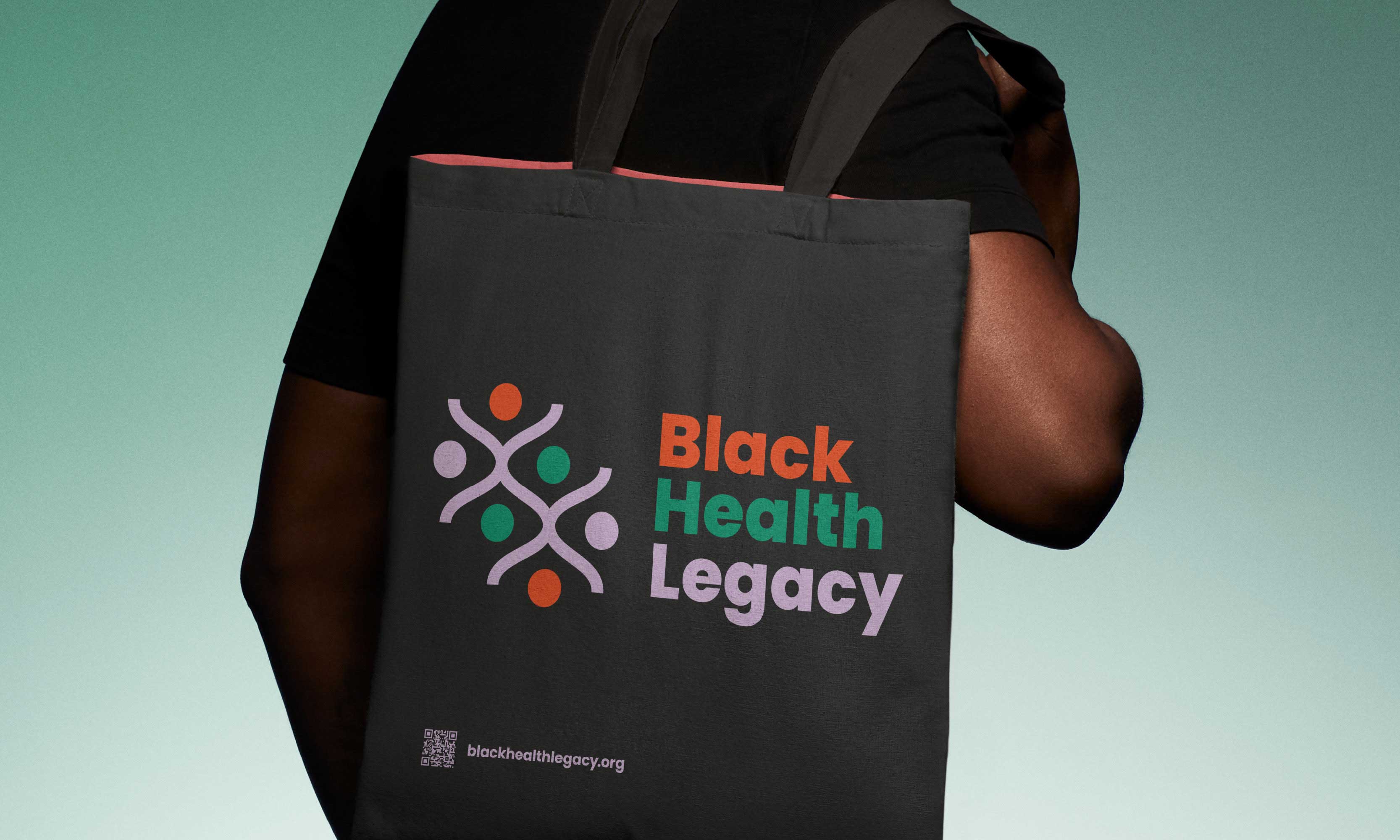
What if primary care could bring patients together to share experiences, learn from each other and talk openly with staff – creating more flexible, inclusive and connected care, and making better use of NHS time and resources?

We worked with Professor James Wilsdon and the team at the Research on Research Institute based at UCL to produce a rapid report that shares the impact that the Institute has had on ‘research on research’ since 2023.
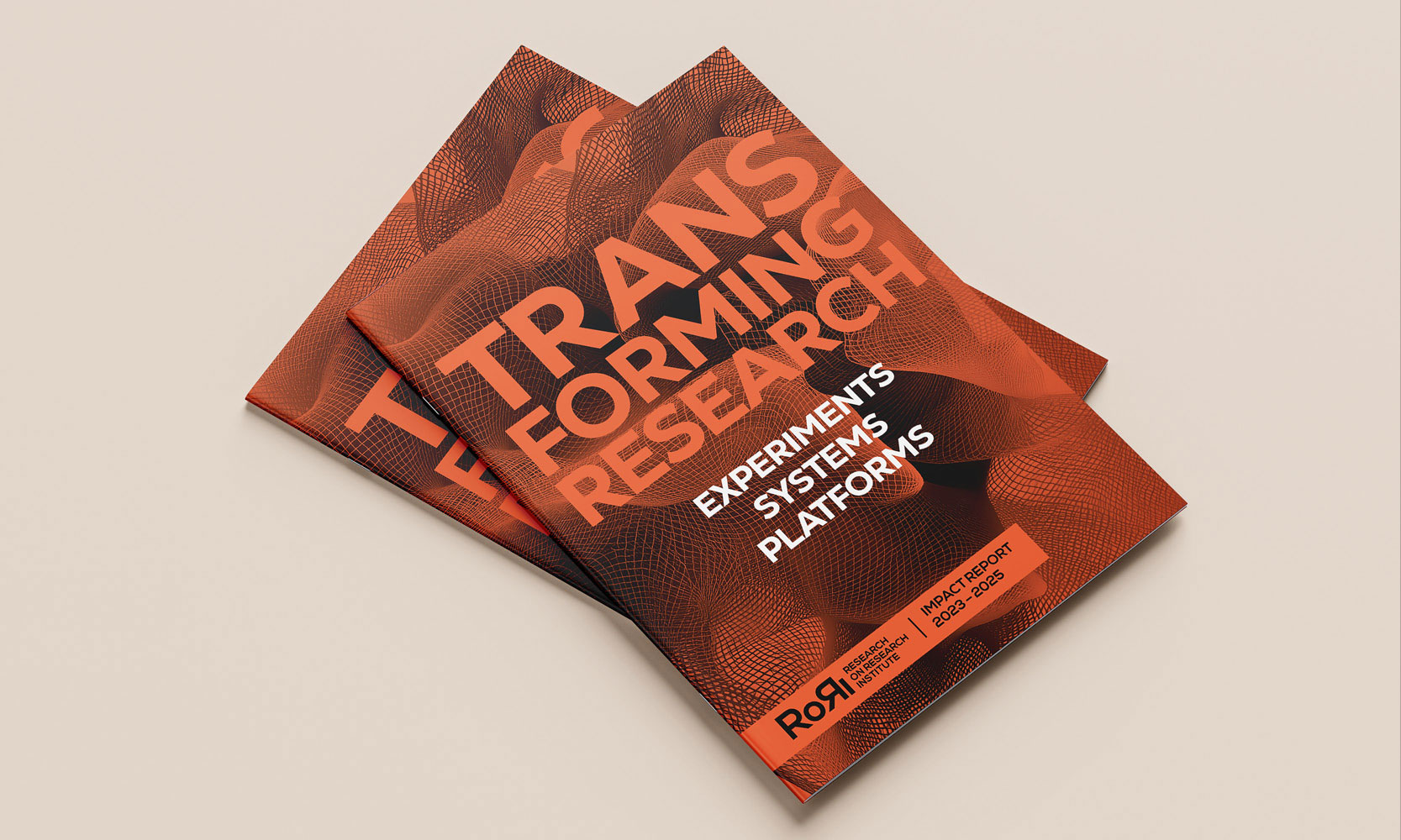

Hospital-acquired bacterial infections, such as Clostridium difficile and Gram-negative bloodstream infections, are often linked to antibiotic use and can be serious and difficult to treat. These infections can be unintentionally spread in hospitals through devices like catheters and intravenous lines.


We partnered with the Royal Society of Biology to reimagine their identity, enhancing their ability to communicate with students, members, professional biologists and the broader community.

Recognising and rewarding members is an important part of a membership organisations, so we enjoyed helping the Royal College of Pathologists redesign their awards for 2026.
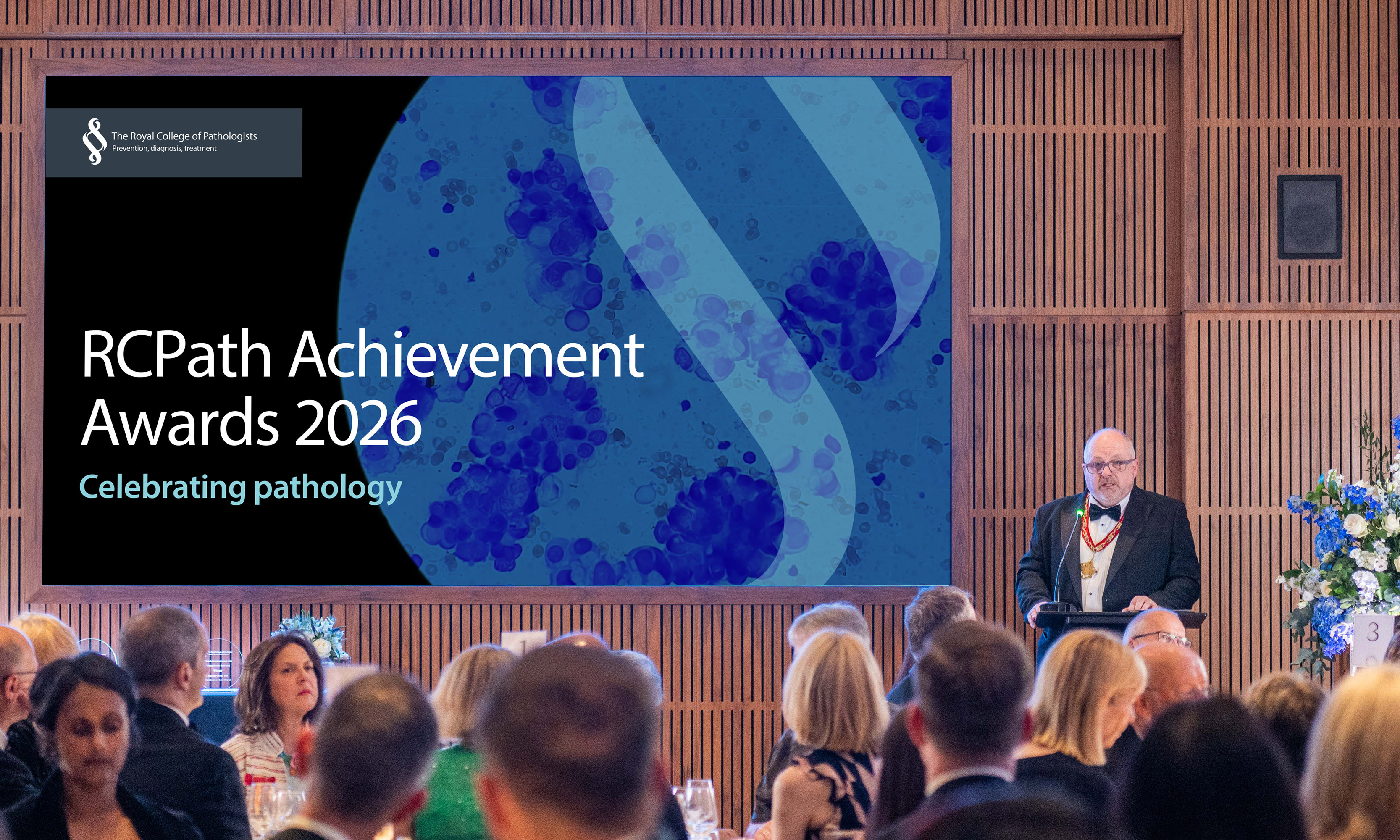

Extending on our design work for the international research program, Extended Evolutionary Synthesis (EES), we have collaborated with the same team to create the Niche construction website.
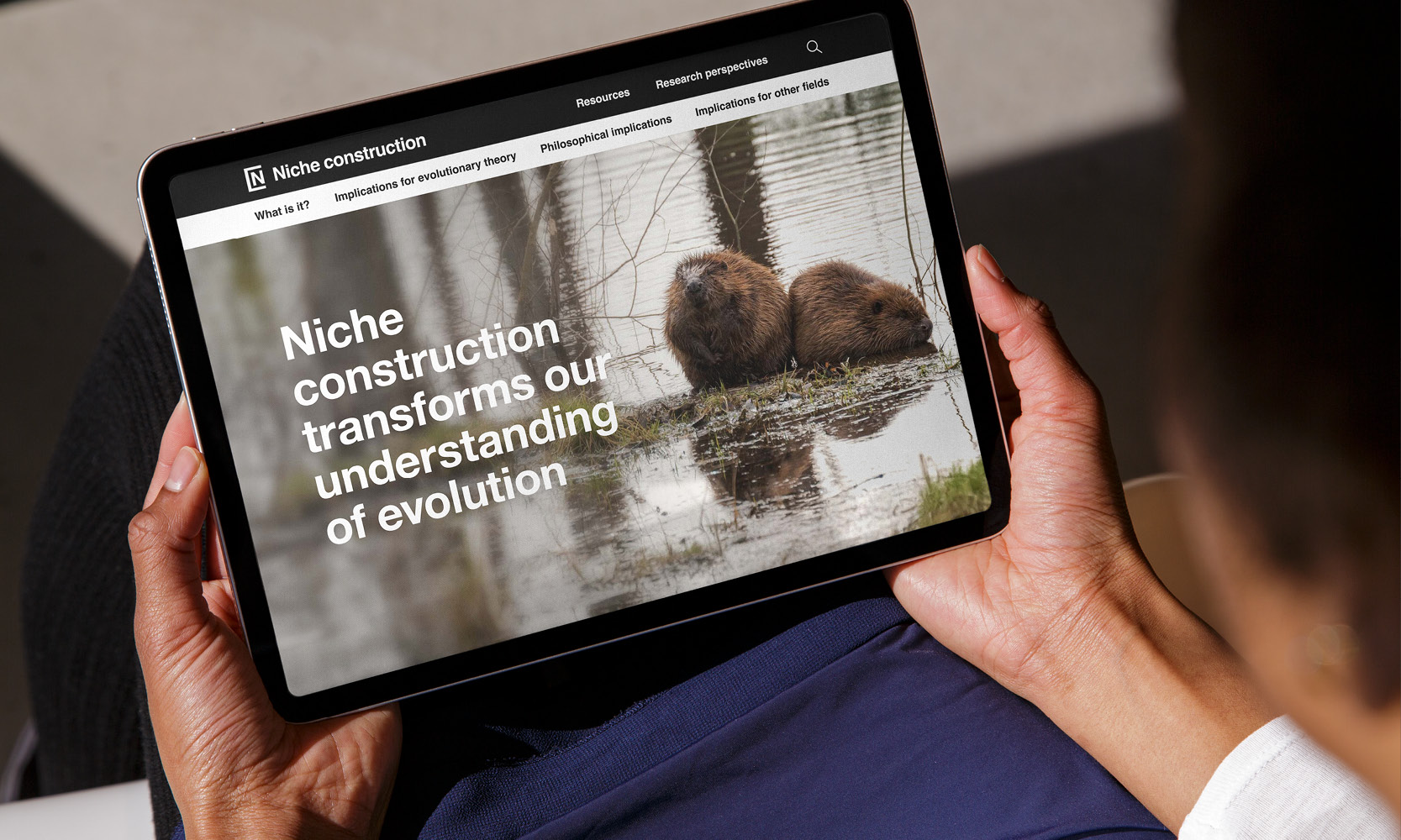

The new ION-DRI Centre is a collaborative hub for UCL Queen Square Institute of Neurology, the UK Dementia Research Institute and UCLH National Hospital for Neurology and Neurosurgery.


The Centre for Health and Care Innovation Research (CHIR) is a unique interdisciplinary venture, jointly set up in January 2019 by The Bayes Business School and the School of Health & Psychological Sciences at City St George’s, University of London.
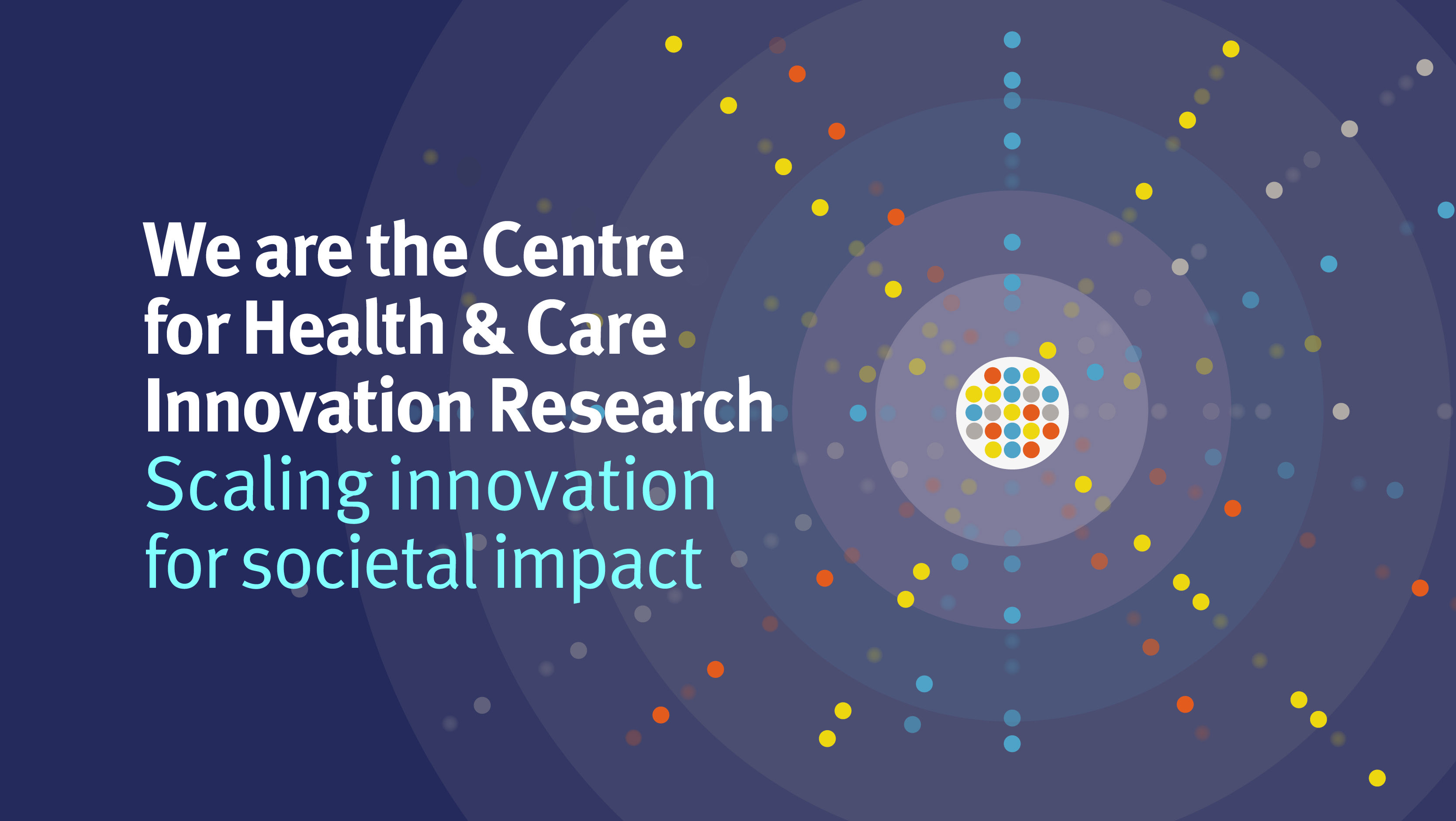
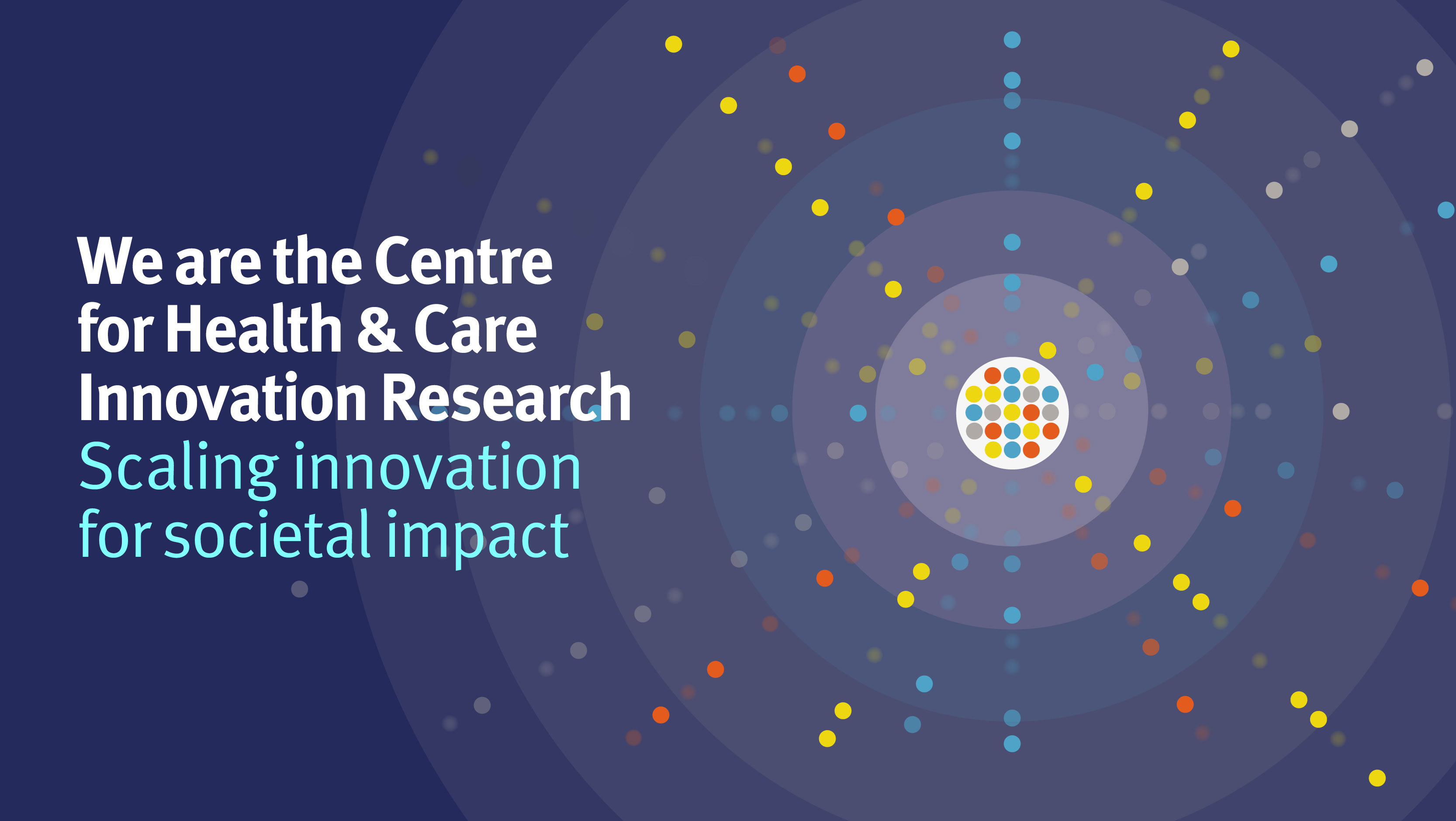
Vivensa Foundation is the new name for Dunhill Medical Trust – an established charity who, for over 30 years, has been helping UK academic and clinical researchers understand and treat age-related diseases and frailty as well as support improved care in the community.
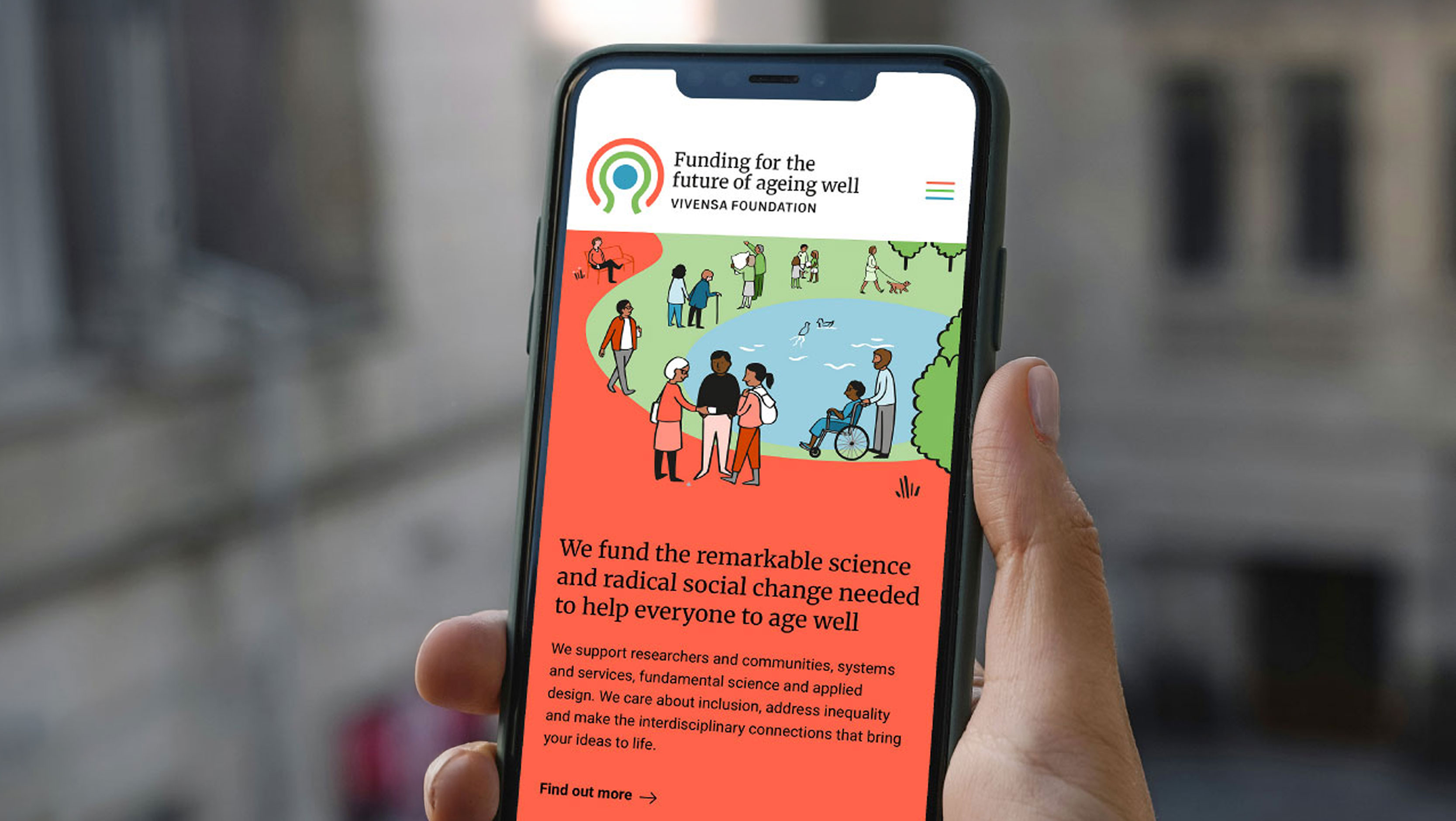
Edinburgh University’s Pandemic Science Hub uses cutting-edge science and collaborative clinical practice to find, develop and test effective treatments at speed.


Appleby Blue Almshouse is one of the most innovative and inclusive social housing projects for old people living in London. We worked with Alison Benzimra, head of research and influence at the United St Saviour’s Charity, to co-design and produce an inclusive report that shares the impact, insights and innovations that have been achieved in the first year.


Genes & Health is one of the world’s largest community-based genetics studies aimed at improving health among Pakistani and Bangladeshi people across the UK, and helping to help address some of the root causes of health inequalities.

South Bank & Waterloo is one of the most vibrant and culturally rich neighbourhoods in London, known globally for its iconic architecture and venues and its diverse and creative communities. The neighbourhood is working towards becoming greener and cleaner as it seeks to respond to the climate and ecological crisis.


We’ve been working with Professor Kevin Lala at St Andrews University for over ten years and are excited to help support the launch of his new book and learning resources. Evolution evolving, published by Princeton University Press and co-authored with colleagues from Lund University, Stanford University, Swarthmore and the Max Planck Institute for Evolutionary Biology, is a new scientific view of evolution; one that challenges and expands our understanding of how evolution works.

We transformed groundbreaking research into an accessible and award-winning public engagement platform with UCL’s Centre for Advanced Biomedical Engineering.
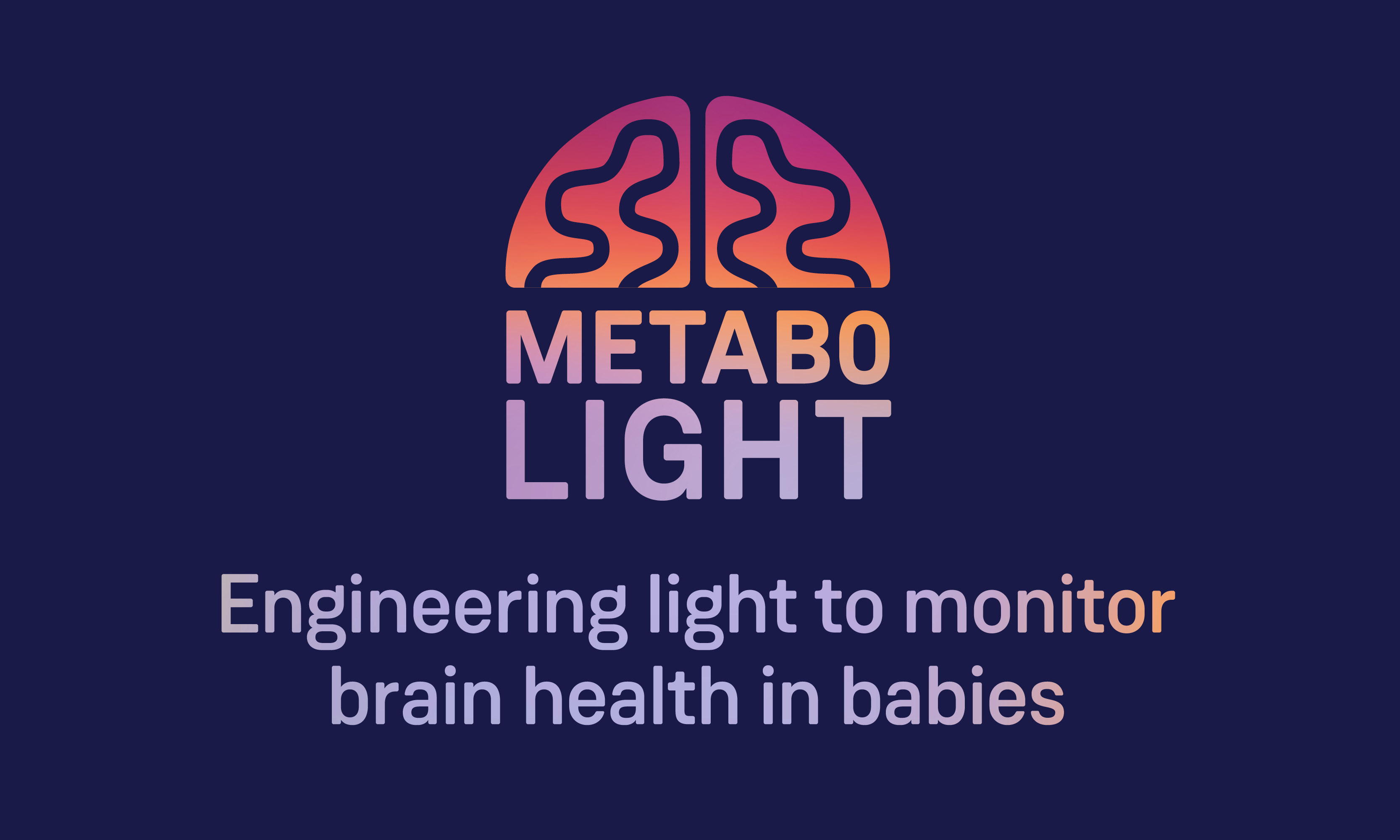
We worked with Dr Jaime Vera and Dr Kate Alford at the Brighton and Sussex Medical School Department of Global Health and Infection to design and develop a new website to help communities living with HIV access the latest and most useful information about memory and HIV.


Queen Mary University of London (QMUL) is committed to creating a collaborative environment where patients, community organisations and the public can actively participate in primary care and population health research.

Led by Associate Professor Charlotte Albury at the University of Oxford, this CPD-certified project aims to develop a supportive and motivational online learning tool that provides primary care professionals with practical conversational techniques grounded in real-world evidence.


Falls are the most common safety incident in hospitals, with many leading to physical injuries and increases in the time that patients take to recover.

We worked with the Genomicc team to script an animation that helps members of the public understand the science behind the study and the benefits of taking part.

This project with the Royal Meteorological Society led us to design a dynamic infographic that helps curriculum developers and teachers understand the importance and relationship between around 300 concepts related with climate change.


We developed a new identity for Oxford University and RAND Europe to support the launch of a new rapid evaluation centre focussed on technology-enabled remote monitoring in health and care.


We’ve been working with Dr Jackie Walumbe, an honorary post-doctoral research fellow and pain physiotherapist, whose PhD investigates the gap between current pain management practices in the NHS and the wider ‘socio-material entanglements and relational aspects of living with chronic pain’.
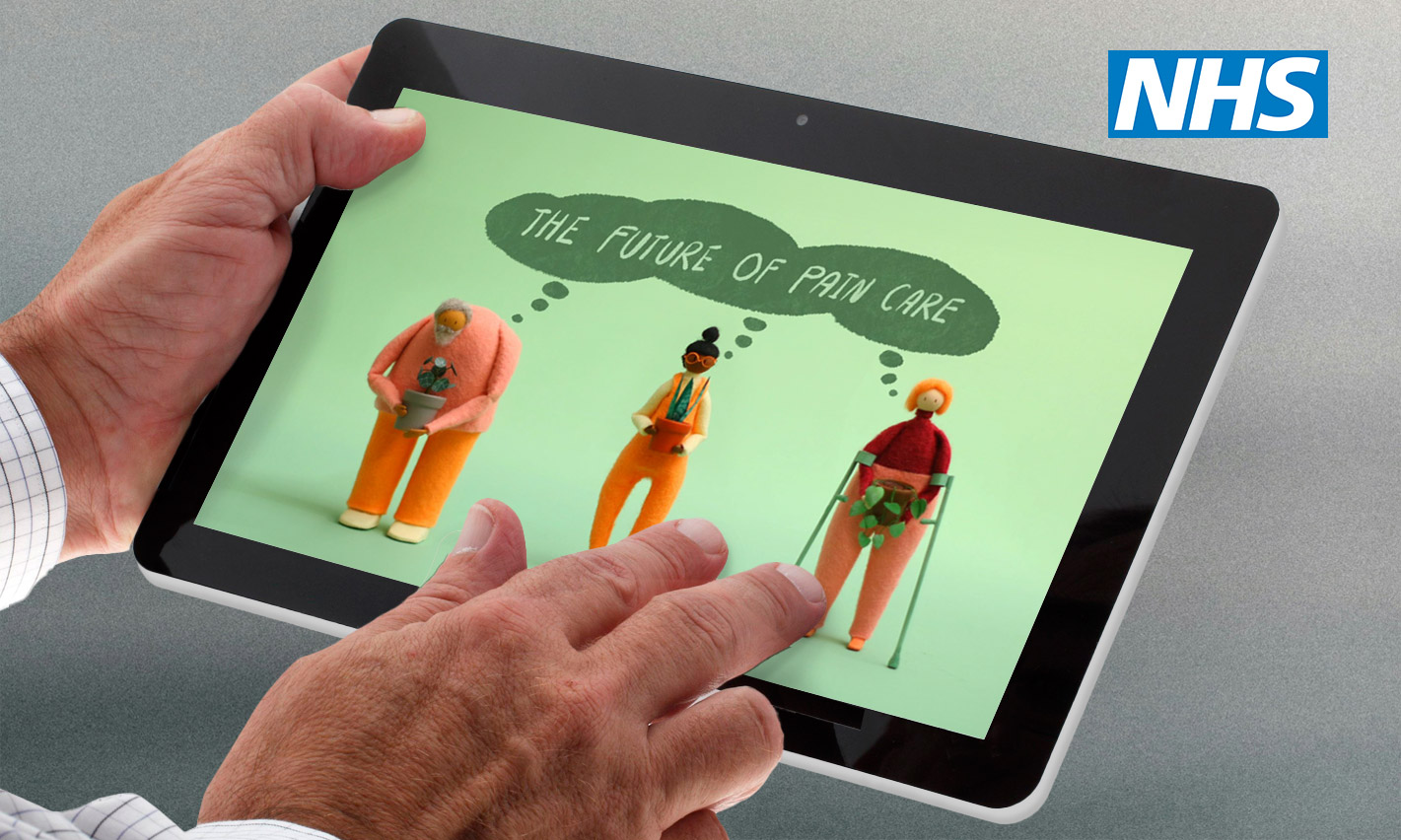
We’ve been working with the Association for Laboratory Medicine (previously the Association for Clinical Biochemistry and Laboratory Medicine) to help them redefine their identity and brand strategy.


We worked with the UK Health Security Agency and St Helena Government’s Health and Social Care team to turn a comprehensive health needs assessment into a creative and supportive tool that helps people in St Helena live healthier lives.

This project builds on one of the starkest health statistics: the 15–20 year mortality gap for people living with a severe mental illness. It aims to show that integrating physical and mental health care within King‘s College Hospital NHS Foundation Trust increases physical health care and reduces health inequalities for people suffering from severe mental health conditions.


We worked with NHS Glasgow and Clyde and social researchers The Lines Between to co-design a national home testing sexual health service for NHS Scotland, focussing particularly on a range of at-risk groups.


We collaborated with the communications team at UCL to develop infographics to explain the concept of translational neuroscience through physical and digital media for their new research centre opening soon in central London.


We are pleased to be continuing our long term relationship with the MPS Society, the UK’s leading society for rare, life limiting genetic conditions.


We worked with Alison Finch, a cancer nurse and assistant chief nurse for research at University College London Hospitals NHS Foundation Trust, to help her to communicate her PhD research that explored how young people and carers experienced ambulatory care as part of their cancer treatment.


We’ve been working with Qrypt, the leading quantum-secure encryption technologists, to help communicate how their unique technology eliminates the long term risks associated with today’s encryption systems.


We’ve been working with Joanna Crocker at the National Institute of Health and Care Research (NIHR) Oxford Biomedical Research Centre and a multi-stakeholder advisory group to visualise and communicate the complex relationships between different research topics in the world of health and care.


We worked with Dr Sara Calderón-Larrañaga and the Centre for Primary Care and Mental Health at Queen Mary’s University to communicate how social prescribing has been used in a large research project carried out with people at risk from type 2 diabetes who live in disadvantaged communities in Tower Hamlets, London.


We developed this project with Jackie Walumbe, a doctoral research fellow in primary care health sciences and physiotherapist working in pain services, whose PhD investigates the gap between current pain management practices in the NHS and the wider ‘socio-material entanglements and relational aspects of living with chronic pain’.


We worked with a team of public health experts in the UK Health Security Agency and officials from the Bermudan government to turn a comprehensive health needs assessment into a friendly and supportive communication for people in prison in Bermuda.


We’ve developed two guides to help patients and clinicians get the most from online physiotherapy sessions.
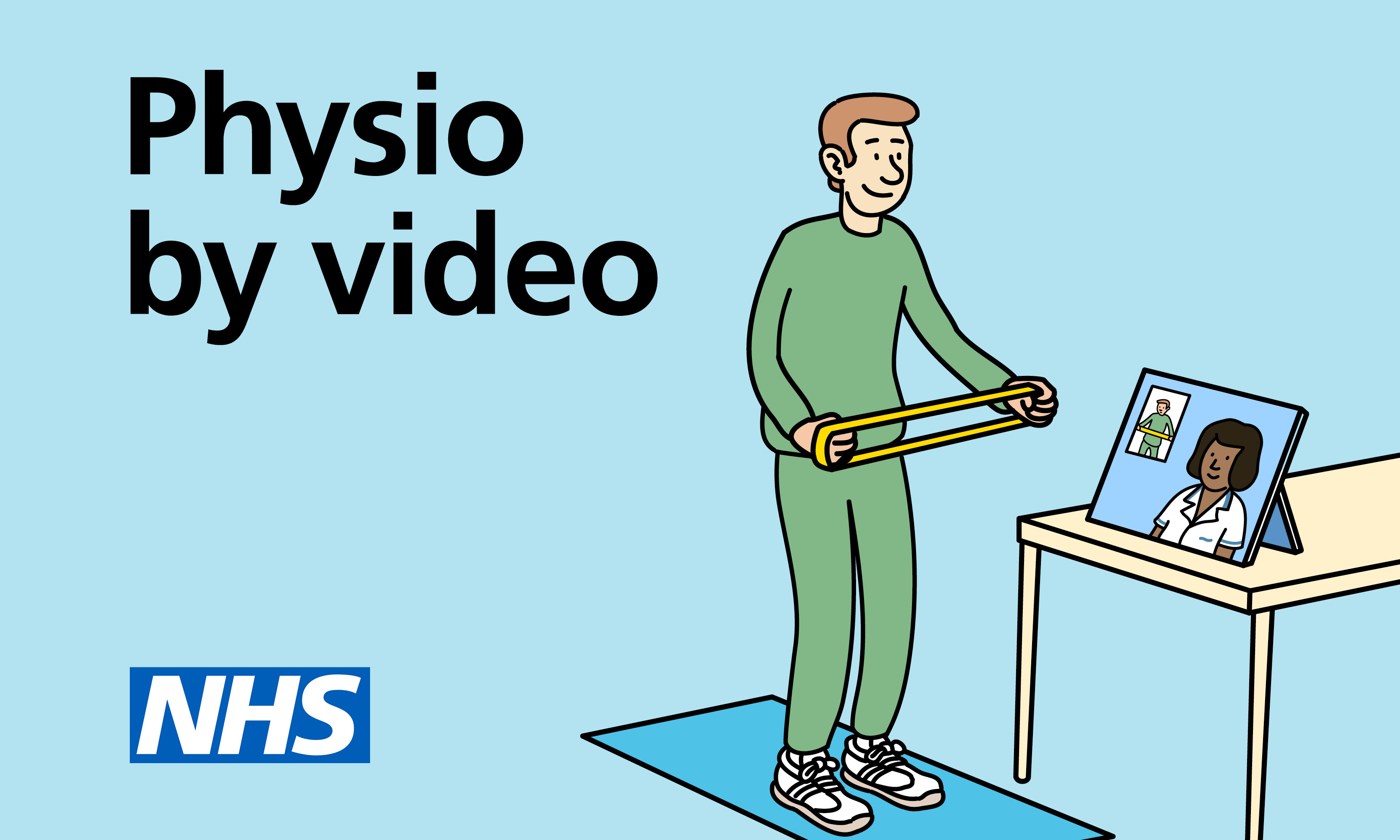

Remote consultations have played an important role during the covid pandemic and will continue to be key in supporting the NHS recovery and into the future.


The MPS Society is a wonderful charity whose staff, trustees and members work together to improve the lives of people who have been affected by rare genetic diseases caused by deficiencies in lysosomal enzymes.

We are working with the Cultural Evolution Society to help communicate research on how human and other animal cultures evolve, and how this impacts on our futures at a time when our cultural activities are causing rapid and drastic, social and physical changes.


We were invited by the Intelligent Mobility Design Centre at the Royal College of Art to design a publication for their research project aimed at highlighting the diverse opportunity for new mobility solutions


Just over a year before Covid-19 struck, we collaborated with clinical specialists, nurses and cleaning staff at Imperial College Healthcare NHS Trust to reimagine hand hygiene messaging for hospital staff across their five hospital sites. According to an audit carried out by the Trust, it achieved a doubling of awareness and hand cleaning rates.
Featured in Design Week's best studio project of the month


Our Future Towns is an ongoing project developed with people across the country to reimagine how they can engage with the challenges of community place-making and transport planning.

We’ve been working with the University of Oxford and Plymouth University, together with patients and practice staff in Plymouth, to develop online and physical resources that will help patients get the most from the range of remote support tools that they can use to connect with their primary care support teams.


Would you connect your brain to the internet? In the not too distant future you might be able to. But how is that even possible? We have been collaborating with the Next Generation Neural Interface (NGNI) team at Imperial College to help them to communicate their research to a wider audience at this year’s Royal Society Summer Science.

We collaborated with the University of Oxford and Barts NHS Trust to co-design a suite of guidance resources designed to help patients and clinicians conduct video consultations.

We were invited by Sue Walker and her team at the University of Reading’s Department of Typography & Graphic Communication to help design slideshows and worksheets for primary school children, teachers and parents.

The Winton Centre was set up on the basis that everyone has a right to balanced evidence on issues important to them; evidence presented in a transparent way, to inform but not persuade.

Sexual Health in Plymouth (SHiP) is a partnership of organisations working together to deliver integrated sexual health, HIV, contraception and abortion services for Plymouth, East Cornwall and South West Devon.

The MPS Society has been transforming the lives of those affected by MPS, Fabry and related diseases for over 40 years. We're delighted to be helping them to share their knowledge, empathy and understanding with people affected by these rare genetic diseases.


Sexual Health in Plymouth (SHiP) is a partnership of organisations working together to deliver integrated sexual health, HIV, contraception and abortion services for Plymouth, East Cornwall and South West Devon.


Sexual Health in Plymouth (SHiP) is a partnership of organisations working together to deliver integrated sexual health, HIV, contraception and abortion services for Plymouth, East Cornwall and South West Devon.


The World Health Organisation estimates that air pollution kills seven million people every year, making it the fourth highest cause of death in the world and responsible for around one in ten early deaths.

People with pacemakers and other implanted devices are fifty times less likely to be offered an MRI scan than those without one. This project helps dispel myths surrounding pacemakers and MRI safety, providing patients and clinicians with clear, accessible information to improve understanding and support informed decision-making.


We edited and designed this printed publication to communicate UCL’s Institute of Immunity and Transplantation’s (IIT’s) progress in developing revolutionary new treatments for conditions such as cancer, HIV and diabetes.

Beat Bad Bugs is our winning competition entry developed to improve knowledge and understanding of antimicrobial resistance within a community pharmacy space.

The medicines management programme seeks to improve medicine disposal at Imperial College Healthcare NHS Trust hospitals.

In 2016 the John Templeton Foundation awarded a grant of £5.7m to an international team of researchers from eight of the world’s leading universities to work on a three-year integrative research program focusing on the Extended Evolutionary Synthesis (EES).


We have been working with Dr Al Edwards, Dr Partha Ray and Dr Sarah Needs and their team at the University of Reading’s Schools of Pharmacy and Agriculture to understand and develop a rugged, self-contained prototype testing kit designed for vets to conduct vital microbiology tests for Indian dairy farmers without needing a lab.

We worked with Rosie Riley from the Centre for Environmental Policy at Imperial College to understand how we can use behaviour change and public engagement as a way to build cities that are healthier, fairer, more inclusive and more sustainable places to live.


Our winning competition entry, Beat Bad Bugs was use to apply for funding awarded by the University of Reading’s GCRF Strategic Fund as a partnership.

We are working with Dr Jaime Vera Rojas at Brighton and Sussex Medical School and a team from the Centre for Infectious Disease Research in Zambia (CIDRZ) to develop a new service that aims to help young people in Zambia access safe HIV self-testing kits through digital vending machines with the aim of reducing the number of youngsters who have HIV without knowing their status.

We collaborated with The Centre for Urban Mental Health at the University of Amsterdam to help communicate the value of social cohesion and togetherness for young people, with funding from the Wellcome Trust.


Working alongside NHS Cancer Vanguard, UCLH and London Cancer, we created six videos to explain medical procedures to new or potential cancer patients and their carers.


UCL Department of Security and Crime Science invited us to develop resources to communicate information about its teaching and ongoing research programme.

Cracking Science inspires and challenges students to see science in their everyday lives through exciting shows that build on everyday ideas with fun, fiery and even explosive demonstrations.

Imperial College Healthcare NHS Trust (ICHT) engaged us to design communication materials and guidelines for clinical staff to help them with pain management and ensure their patients receive appropriate treatment.

‘Marie Neurath: picturing science’ is part of an AHRC-funded project aimed at finding new audiences for the approach to science communication taken by Marie Neurath and her team at the Isotype Institute between the late 1940s and early 1970s.

Emerging Minds is a research network based at the University of Reading that aims to reduce the prevalence of mental ill health experienced by children and young people.


Commissioned by Eleanor Palmer School‘s Head Teacher Kate Frood, we created this dinosaur graphic as artwork for a ‘steel weave lace fence’ constructed by Dutch agency Structiv.

We produce regular printed publications including Annual Reports for ELIXIR, based at Wellcome Genome Campus in Hinxton, Cambridgeshire. Elixir manages and safeguards data generated by publicly funded research.

We created this series of illustrated storyboards for workshops run by Nuffield Primary Care Health Sciences at the University of Oxford.

The Institution of Environmental Sciences produces four editions of its journal Environmental Scientist each year. They commissioned us to design a selection of covers.

We were commissioned by medicines adherence company Spoonful of Sugar to develop a printed suite of materials and digital outputs for Type 2 Diabetes patients to help them make the most of their medication.

As part of our work with UCL business company, Spoonful of Sugar, we created animated gifs showing patient’s adherence to medicine.


Following a presentation by Anne Odling-Smee at SCI:COM 2015, we were commissioned to redesign the ongoing visual identity alongside marketing material and the website for the 2016 conference.

We worked with researchers Chih-Chun Chen and Nathan Crilly from University of Cambridge’s Department of Engineering, to help transform their new research report into an engaging and accessible online document.

The University of Oxford’s project iHope (International Collaboration to Harmonise Outcomes for Pre-Eclampsia) aims to improve pre-eclampsia research.

We worked with UCL Public and Cultural Engagement to produce design outcomes to publicise the completion of 64 public engagement projects funded by the EPSRC between 2014–2016.


Following our 2014 redesign of the UCL Institute of Immunity and Transplantation website, we were invited to re-design the UCL Division of Infection and Immunity website in 2017.

We worked alongside the Wellcome Trust to produce a new visual identity for the Africa Centre for Population Health in Eastern South Africa.


Design Science re-branded the UCL spin-out company Spoonful of Sugar(SoS) in 2016.

Working with Professor Oona Campbell from the Faculty of Epidemiology and Population Health, we created a flow chart out of raw data showing women’s pathways for seeking treatment for abortion in Brazil.

Random walks is a playful and interactive learning tool to help young audiences understand scientific ideas through visualisation and to trigger their curiosity about scientific research.

We worked with Professor Hans Stauss and his team to redesign the website for UCL Institute of Immunity and Transplantation.

Working from an in-depth academic paper published in Physical Review Letters, we produced this short video to communicate the research to non-specialist audiences.


Following our design workshops in March 2014, we were commissioned by Patrick Wilson, Head of Communications at the London School of Hygiene & Tropical Medicine, to redesign the School’s research poster templates.

Commissioned by UCL Institute of Immunity and Transplantation, we produced large scale graphic panels displayed with interactive exhibits, publicity materials including poster, flyers, invites and adverts, and slide presentations for the researchers speaking at the event.

Following our redesign of UCL’s Institute of Immunity and Transplantation website, we were commissioned to redesign the waiting room, logo and signage for the Katharine Dormandy Haemophilia and Thrombosis Centre to mark its 50th anniversary.
Featured in Design Week


These guides were commissioned and funded by the British Science Association, the Royal Academy of Engineering and Wellcome Trust as part of a portfolio of activities to help researchers engage the public.

We were supported by the British Library to produce a new edition of Litmus Paper for Cheltenham Science Festival – a daily, printed publication summarising news, reviews and research stories associated with each day of the Festival.
